Ask any college student in the U.S all the ways in which college bleeds money from attendees and you will have a pretty substantial list. From outrageous textbook prices with baffling sell-back returns to the cost of tuition to the ways, they find to nickel and dime you after you have paid tuition (i.e parking passes, dorm costs). With current and post students up to their eyeballs in debt, it didn’t come as a surprise when Arizona State University Economics Professor, Brian Goegan alleged a college profit scam at his own institution.
In a mass email to his students, Goegan claimed the university had enforced fail quotes in order to justify and maintain their relationship with the Cengage MindTap program, a pay-to-use online textbook and homework website that was required for students to complete homework in some courses.
A professor at Arizona State University recently alleged his institution was scamming its students through a fail quota scheme
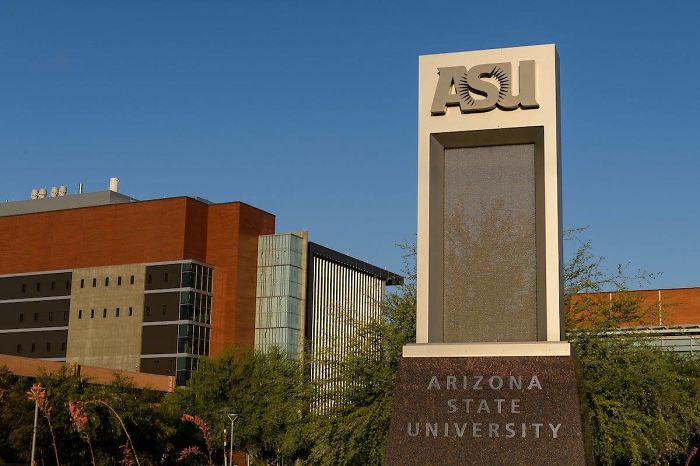
Image credits: Arizona State University
Professor Goegan blasted the email to the whole university with the aims of exposing two policies that he “believed to be unethical.” The allegations went viral after he posted his email to Reddit, titling the post #1 in Innovation…and corruption. Tensions had been growing between the educator and the administration for some time and came to a head when the university decided they would not be renewing his contract in December 2018. He told outlet AZ Central that his choice to go public with the allegations to both his students and the internet was born out of frustration, “I basically ran out of people to go to at the university.”
The whistleblower, professor Brian Goegan, wrote teachers were asked to fail students in order to justify the use of a paywall digital education company – alleged to be giving the school grants
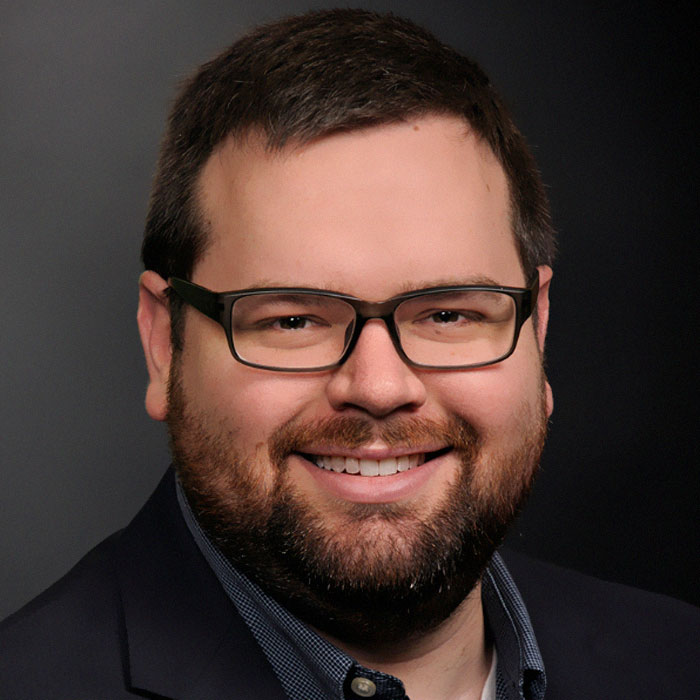
Image credits: asu
In the email, Goegan disclosed two intertwined policies that outlined a larger corruption scandal. The first allegation disclosed that ASU had a financial relationship with Cengage in which the university “agreed to require all ECN 211 and 212 students to use MindTap” – their study product – and in exchange, the provost would receive a “large monetary grant.” As for the second policy, the professor alleged that in order to maintain the symbiotic relationship ASU had mandated fail quotas, that prevented at least 30 percent of students from passing, to justify the continued use of the online education program. Goegan wrote that instructors, like himself, who assigned homework that used free ASU student networks had been “forced to move those same assignments behind the MindTap paywall to ensure students must pay Cengage to pass the class.” In closing, he added that it was his disagreements over these policies that had resulted in him being let go.
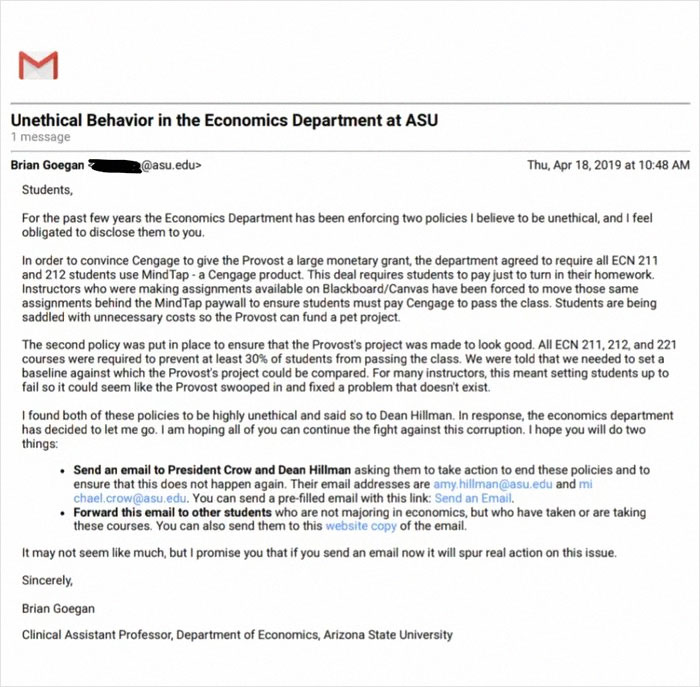
In the email he writes:
“Students, For the past few years the Economics Department has been enforcing two policies I believe to be unethical, and I feel obligated to disclose them to you.
In order to convince Cengage to give the Provost a large monetary grant, the department agreed to require al ECN 211 and 212 students to use MindTap – a Cengage product. This deal requires students to pay just to turn in their homework. Instructors who were making assignments available on Blackboard/Canvas have been forced to move those same assignments behind the MindTap paywall to ensure students must pay Cengage to pass the class. Students are being saddled with unnecessary costs so the Provost can fund a pet project.
The second policy was put in place to ensure that the Provost’s project was made to look good. All ECN 211, 212, and 221 courses were required to prevent at least 30% of students from passing the class. We were told that we needed to set a baseline against which the Provost’s project could be compared. For many instructors, this meant setting students up to fail so it could seem like the Provost swooped in and fixed a problem that doesn’t exist.”
In response to the allegations, ASU Executive Vice President Mark Searle said in a statement, “There are many reasons that a faculty member’s contract might not be renewed, including when a faculty member resists course-correction of multiple shortcomings despite supervisory intervention.” While the ASU spokesman Bret Hovell said the university has never received a dime of “grant” money from Cengage, which was backed up by the company in their own statement. Research from AZ Central states that “ASU misspent more than $1 million in federal research funds.”
Some people were shocked by the allegations, while others shared their similar experiences







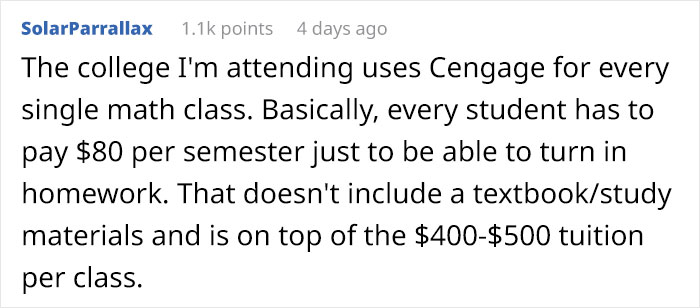
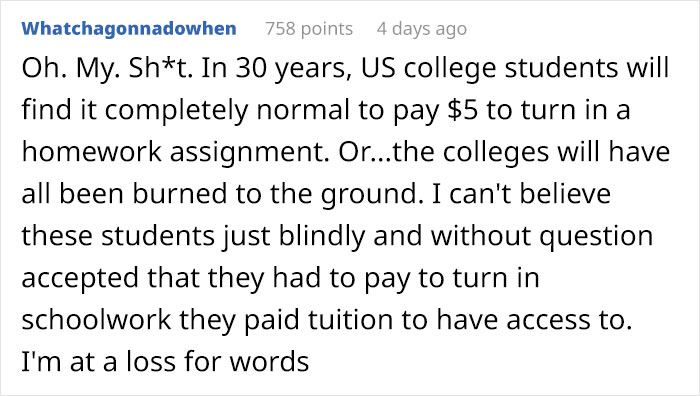
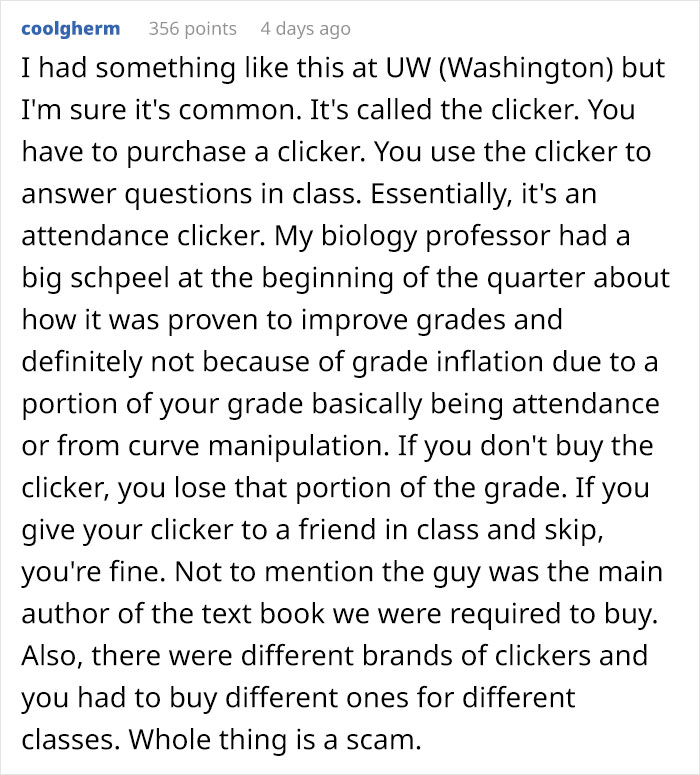
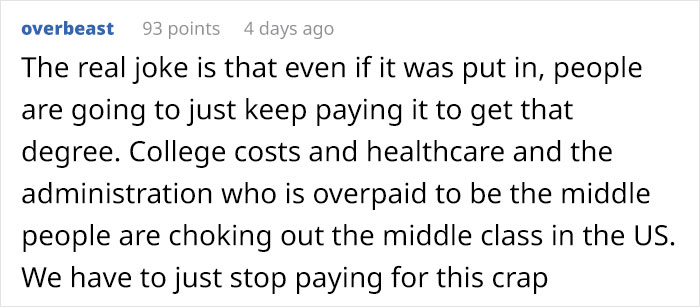


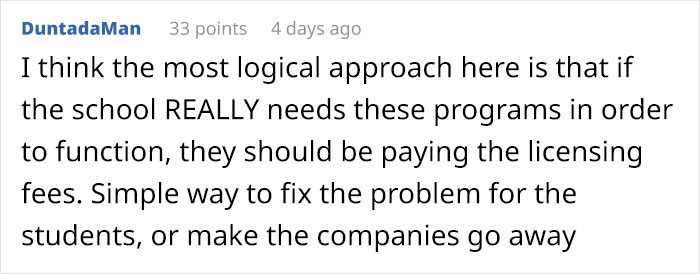
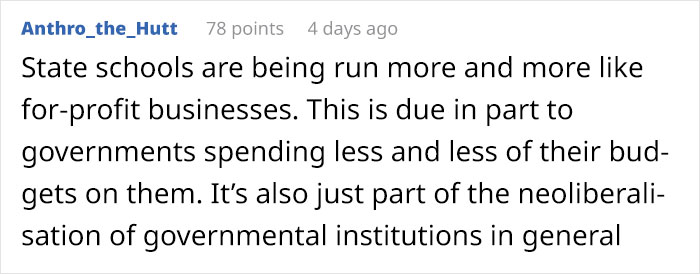







from Bored Panda http://bit.ly/2W5TUAc

